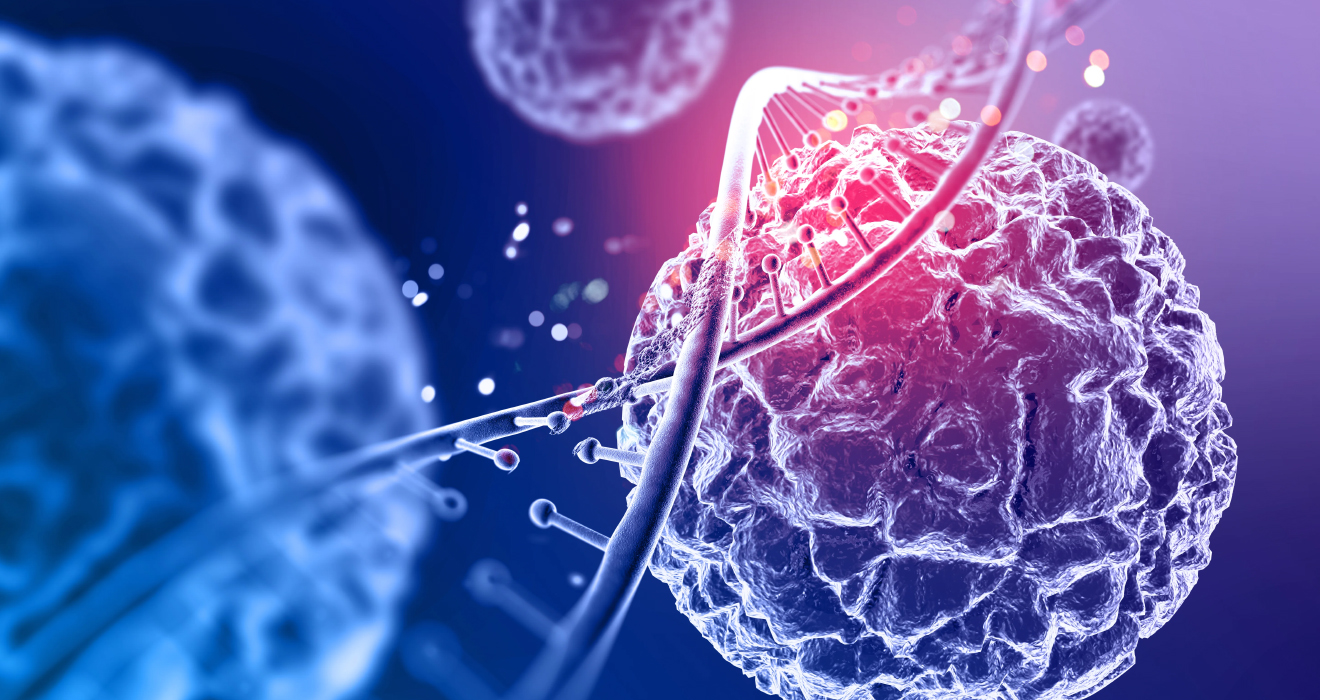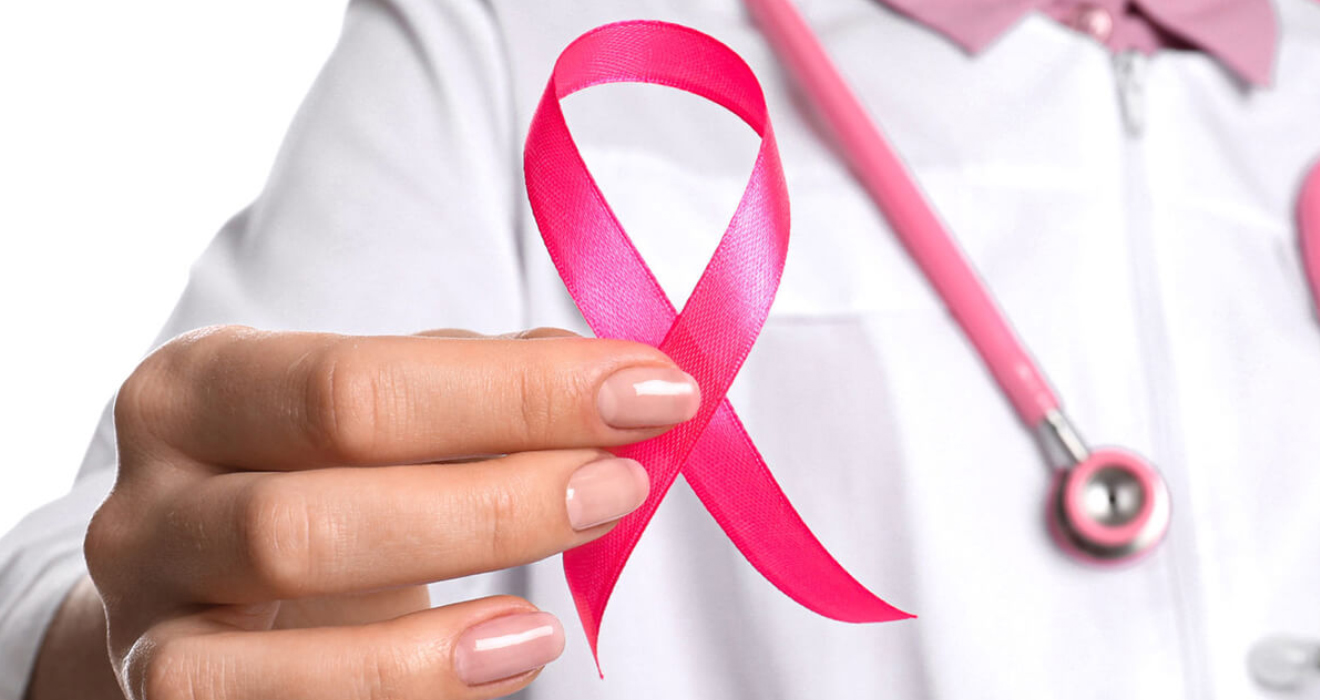Oncology Care Department
Oncology is the branch of medicine that deals with the prevention, diagnosis, and treatment of cancer. Oncologists are medical professionals who specialize in treating cancer and are involved in the care of patients throughout the course of the disease, from diagnosis to treatment and follow-up.



Medical Oncology:
- Focuses on the treatment of cancer using chemotherapy, hormonal therapy, targeted therapy, and immunotherapy.
- Manages patients’ overall care and coordinates with other specialists.
Surgical Oncology:
- Involves the surgical removal of tumors and cancerous tissues.
- Performs biopsies to diagnose cancer.
Radiation Oncology:
- Uses radiation therapy to treat cancer.
- Plans and administers radiation treatments to destroy cancer cells.
Pediatric Oncology:
- Specializes in diagnosing and treating cancers in children.
- Manages childhood cancers, such as leukemia, neuroblastoma, and brain tumors.
Gynecologic Oncology:
- Focuses on cancers of the female reproductive system, including ovarian, uterine, and cervical cancers.
Hematology-Oncology:
- Treats blood cancers like leukemia, lymphoma, and myeloma.
- Breast Cancer: Managed through surgery, radiation, chemotherapy, hormone therapy, and targeted therapy.
- Lung Cancer: Treated with surgery, radiation, chemotherapy, and targeted therapy.
- Prostate Cancer: Often treated with surgery, radiation, hormone therapy, and chemotherapy.
- Colorectal Cancer: Managed through surgery, chemotherapy, radiation, and targeted therapy.
- Skin Cancer: Includes melanoma and non-melanoma skin cancers, treated with surgery, radiation, and immunotherapy.
- Leukemia: Blood cancer treated with chemotherapy, targeted therapy, and sometimes bone marrow transplant.
- Lymphoma: Cancer of the lymphatic system, treated with chemotherapy, radiation, and immunotherapy.
- Biopsy: The removal of tissue for microscopic examination to confirm the presence of cancer.
- Imaging Studies:
- X-rays and CT Scans: Provide detailed images of the inside of the body.
- MRI: Uses magnetic fields to produce detailed images of organs and tissues.
- PET Scans: Detects cancer cells based on their metabolism.
- Ultrasound: Uses sound waves to produce images of internal organs.
- Blood Tests: Detect markers that indicate the presence of cancer.
- Endoscopy: Uses a flexible tube with a camera to view the inside of the digestive tract and other organs.
- Genetic Testing: Identifies genetic mutations that may indicate a higher risk for certain cancers or target specific treatments.
- Surgery: Removal of tumors and surrounding tissues. Sometimes involves reconstructive surgery to restore function or appearance.
- Radiation Therapy:
- External Beam Radiation: Delivered from outside the body.
- Brachytherapy: Involves placing radioactive material inside the body near cancer cells.
- Chemotherapy: Uses drugs to kill cancer cells or stop their growth.
- Targeted Therapy: Uses drugs designed to target specific molecules involved in cancer cell growth and survival.
- Immunotherapy: Boosts or modifies the immune system to attack cancer cells.
- Hormone Therapy: Blocks hormones that fuel certain cancers, like breast and prostate cancers.
- Stem Cell Transplant: Replaces damaged bone marrow with healthy cells, often used in blood cancers.
- Diagnosis: Identifying the type and stage of cancer through various diagnostic tools.
- Treatment Planning: Developing a personalized treatment plan based on the type, stage, and location of cancer, as well as the patient's overall health.
- Patient Management: Monitoring patient progress, managing side effects of treatments, and adjusting treatment plans as necessary.
- Supportive Care: Providing pain management, nutritional support, and psychological support.
- Follow-up Care: Regular monitoring for recurrence and managing long-term side effects of cancer treatment.
- Research and Clinical Trials: Participating in and conducting research to develop new treatments and improve existing ones.
- Lifestyle Modifications: Encouraging a healthy diet, regular exercise, smoking cessation, and limiting alcohol consumption.
- Vaccinations: Administering vaccines to prevent cancers caused by infections, such as the HPV vaccine.
- Regular Screenings: Performing routine screenings for early detection of cancers, such as mammograms for breast cancer, colonoscopies for colorectal cancer, and Pap smears for cervical cancer.
- Genetic Counseling and Testing: For individuals with a family history of cancer to assess risk and implement preventive strategies.
Oncologists play a crucial role in the multidisciplinary approach to cancer care, working with surgeons, radiologists, pathologists, and other healthcare professionals to provide comprehensive treatment and support to patients with cancer.
Oncology Specialist
An oncology specialist, commonly known as an oncologist, is a physician who specializes in the diagnosis, treatment, and management of cancer. Oncologists work closely with patients throughout their cancer journey, from diagnosis to treatment and follow-up care.


